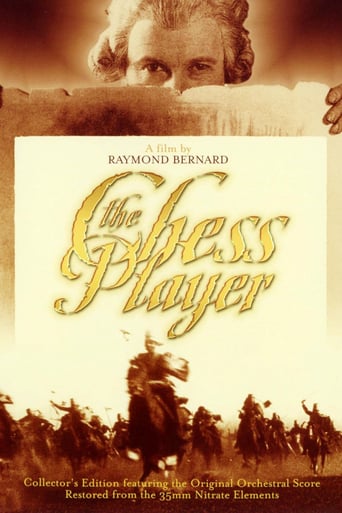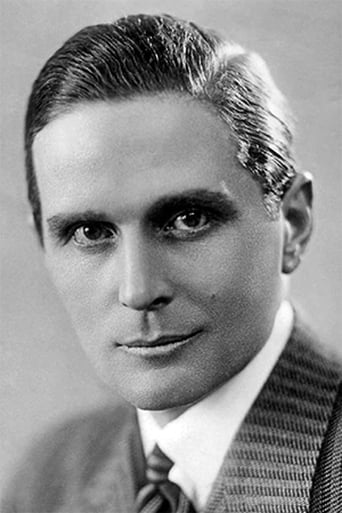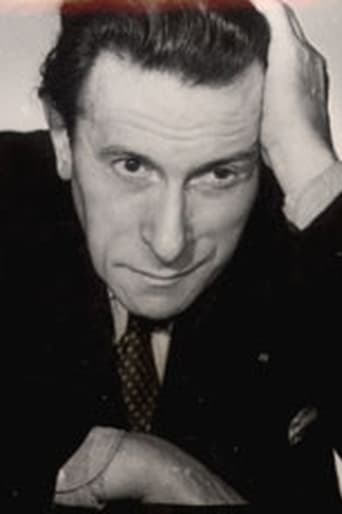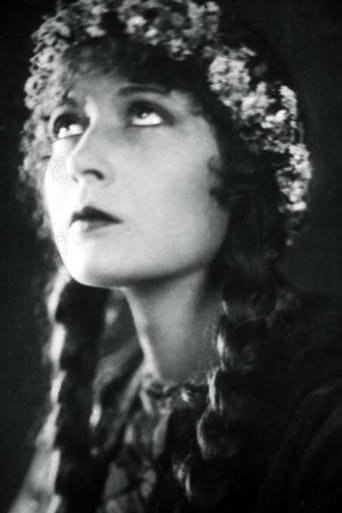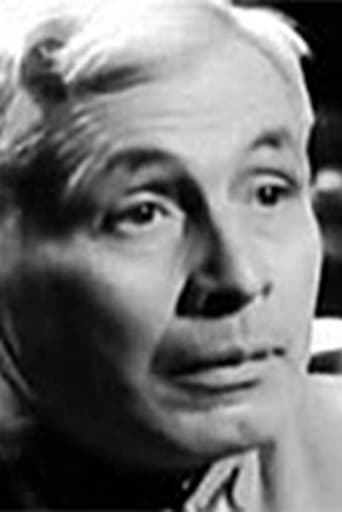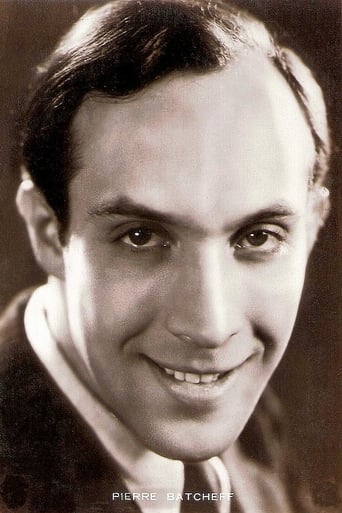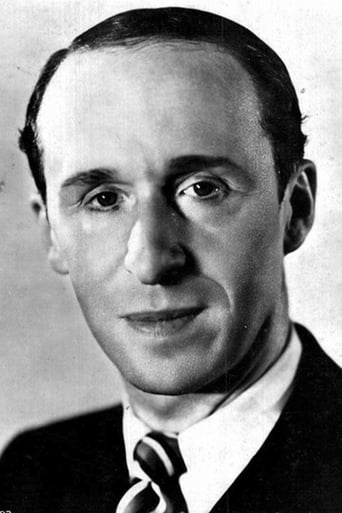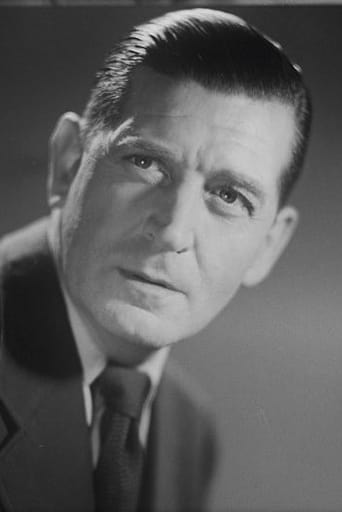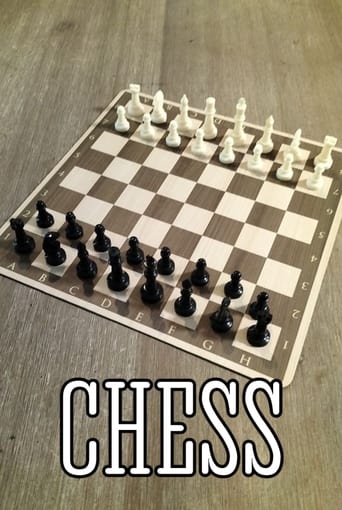In 1776, an inventor conceals a Polish nobleman in his chess-playing automaton, a machine whose fame leads it to the court of the Russian empress.


Similar titles
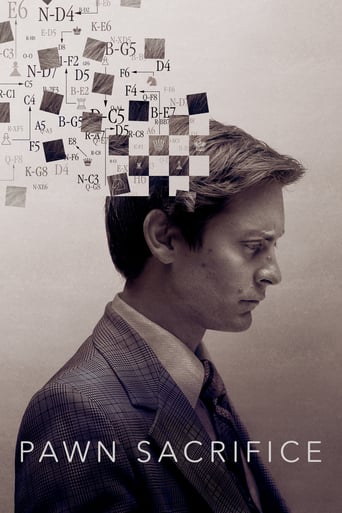
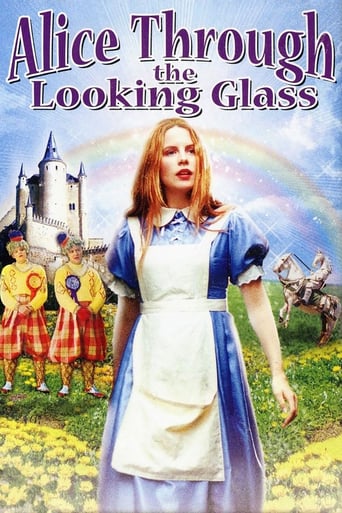


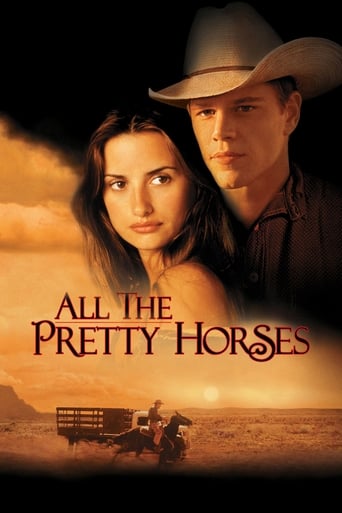



Reviews
The European aristocracy have had always a special fondness and interest in decadent sports; elegant hobbies the object of which is to avoid any physical effort that might cause sweat and thus spoil the rice powder on their pale faces.Having in mind these special characteristics, only the scarce bold ones show an interest for, MEIN GOTT!!... intellectual sports!!... like chess, a very complicated sport for this German count. Chess is important in "Le Joueur d'échecs", together with European war disputes among Poles and Russians ( for once, Germans were not involved in such domestic affairs ) and a passionate and patriotic love story, all in a film directed by the French Herr Raymond Bernard."Le Jouer d'échecs" is a strange, interesting but failed oeuvre, a mixture of "fantastique" and historical film not well combined; it seems that Herr Bernard 's artistic ambitions eluded his grasp, in a film unevenly paced and over-long.The successful elements of "Le Joueur d'échecs" are the historical events ( the resistance of the Polish nobility in front of the Russian omnipotence ) and the atmosphere, especially during the first part of the oeuvre in which a curious and vigorous camera captures carefully the different surroundings involved in those martial conflicts.Another interesting aspect of the film are the bizarre robots designed by the Baron von Kempelen ( Herr Charles Dullin ), strange automatons that give to the film an eerie atmosphere, classicism entwined with early technology. This stands out very much at the end of the film depicting a phantasmagorical and peculiar revenge of the robots.So we have a combination of historical film with powerfully and excessive patriotic Polish elements ( obviously, the Russian are again the bad ones ) together with XVIII century robots and a classical love story involving a revolutionary ( Herr Pierre Blanchar ) and the symbol of that revolution ( Dame Édith Jéhanne ) entwined with Russian court intrigues that involve Dame Catherine II of Russia herself and a machine that plays chess; certainly, Herr Bernard didn't like simple or easy plots The superb art direction of the film, in which set design, lavish settings and costumes gives the audience the feeling of the Centre European XVIII epoch is perhaps Herr Bernard's major accomplishment in the film but the Pole-Russian intrigues ( film narrative in standby ) sometimes seem a mere excuse for the décor . The love story is obvious and predictable and performed by uninspired actors. Particularly stiff is Herr Charles Dullin, who is surpassed by his own robots who show more emotion and facial gestures than their creator."Le Joueur d'échecs" is an ambitious film that aims for excellence but precisely due to those many various and diversified elements is not well assembled by Herr Bernard and must be regarded as a failure, a good example, as a German proverb said: "that you can bite off more than you can chew".And now, if you'll allow me, I must temporarily take my leave because this German Count must keep in check some Teutonic rich heiress.Herr Graf Ferdinand Von Galitzien http://ferdinandvongalitzien.blogspot.com/
This is a very beautiful film, artistically speaking. The French crew that made this movie really tried to make it transcend traditional films by having it look exceptional through the use of wonderful camera-work, exquisite sets, great music, sumptuous costumes and a very slow and deliberate pace. While the film does look great, after a little while I also noticed that slow pacing! While it might have impacted the look and sound of the film, it really did need a bit of editing and the guy playing the creator of the automatons should have been told he, too, was not to emote and move as one as well! While none of this ruined the film, it did over time lessen the film's impact. And, frankly, by the time it was over, I felt pretty tired and was more than ready for it to end. This is all a real shame, though, as the basic plot is very interesting and the film has so much going for it. The film is still well worth seeing, but for a better paced "art film", try some of F. W. Murnau's or Fritz Lang's silent films--they've got a great look but just seem better paced.
Divided into two parts, the first half is okay, if generally unremarkable. It concerns a group of Polish people rebelling against the Russians, who are dominating them. The second half is mostly painful to sit through. The leader of the Polish rebels, Boleslas (Pierre Blanchar), is disguised as an undefeatable robotic chess player, designed by Baron von Kempelen (Charles Dullin), who is famous for his automatons. When the automaton faces the Empress of Russia, Catherine II, she cheats to see what her opponent will do. He responds by swiping the pieces off the chess board. The Empress finds it amusing, but orders the automaton to be shot. The film is way overlong (imdb lists under 90 minutes, but the Milestone DVD runs 139), and the story and themes are convoluted. Like a lot of overambitious silent films, its far too many characters are easy to confuse. I was quite bored through the film. There were several great moments, though. The battle scenes in the first half are exceptional. Bernard uses some sort of handheld camera to make it seem like the viewer is in the battle. It's a common technique nowadays, but I can't recall seeing it earlier than 1927. This has to be at least one of the first times when this was done. The cinematography is generally good, and often great, especially in the first half. Although the second half is hard to sit through, there is an extended sequence where one character is caught in the middle of a group of Baron von Kempelen's automaton soldiers. I didn't even really know who this character was exactly, but it was a neat scene.
Comparable to Abel Gance's Napoleon in its scale and stylistic bravura, this romantic epic about the Polish nobility's 1776 uprising against Catherine the Great differs from the more famous film in its lack of nationalist fervour and Tricolour bombast. Its one 'rousing battle scene' is a pure fantasy, a daydream of its naive heroine as she thumps out a patriotic hymn on her piano. This dream sequence is daringly intercut with the actual battle - a fiasco whose leaders are killed and maimed, bringing no glory to either Russian imperialists or Polish rebels.In place of Boys Own heroics, director Raymond Bernard conjures up an eerily perverse atmosphere of ETA Hoffman-style Gothic Expressionism. The young hero's 'protector', the Baron von Kempelen, is based on a real-life inventor who stunned the courts of Europe with his life-size mechanical dolls. On the run after his abortive revolution, young Boleslav is disguised by the Baron as a chess-playing robot - not a man, but a mechanical image of one. He finds his true self, not on the battlefield, but in the wholly unreal world of chess. His sister Sophie becomes an icon of Polish liberation, not in person, but as a woven banner. Her forbidden love for a Russian officer is consummated, not in the flesh, but in a portrait he paints of her.In short, Bernard is a film-maker in thrall to illusion - and to the inherently unreal nature of the cinematic image. At the film's climax, not one but two artificial worlds fight it out for control of the screen. A sumptuous masked ball at the Imperial Court, and the villain's showdown with Baron von Kempelen's army of automatons. History, or so Bernard seems to be saying, is not a fact but an illusion, a masquerade, a war of manufactured images that its leaders manipulate for their own ends. Heroism has nothing to do with it.David Melville
